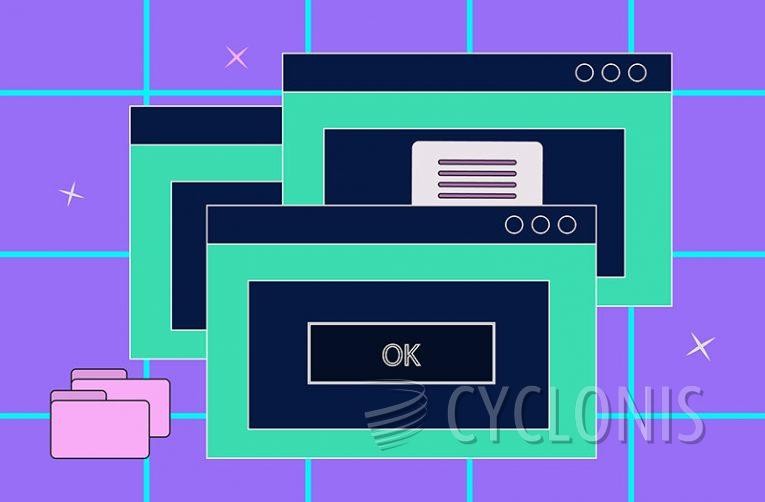What Does Trafficvalidation.tools Browser Hijacker Do?

While many browser extensions improve browsing functionality and security, there are some that can negatively impact the user's online experience. Browser hijackers such as Trafficvalidation.tools fall into the latter category and can change the browser's homepage, new-tab page, and default search engine, as well as redirect the user to obscure web locations and display annoying pop-ups and banners.
Uninstalling the hijacker is the only way to stop these intrusive activities, but some hijackers do not have an uninstallation .exe file or an entry in the Control Panel's Uninstall a program list. Removing browser hijackers is an essential part of keeping your system secure and running smoothly.
How Can Browser Hijackers Expose You to Further Threats?
Browser hijackers can expose users to further threats in a number of ways. First, they can modify the browser's default search engine to display results that are full of sponsored links and advertisements, which can lead users to click on malicious links or download harmful software.
Second, hijackers can redirect users to websites that contain malware or viruses. These websites may look legitimate, but they are designed to trick users into downloading harmful software or providing personal information. Third, hijackers can install additional software on the user's computer without their knowledge or consent, which can include adware, spyware, or other types of malware that can monitor the user's online activity or steal sensitive information such as passwords and credit card numbers.
Finally, browser hijackers can slow down the user's computer and cause it to crash or freeze, which can be frustrating and time-consuming to fix. Overall, browser hijackers can be a serious threat to online security and privacy, and it is important to remove them as soon as possible to avoid further exposure to potential threats.
How Do Browser Hijackers Usually Enter Your System?
Browser hijackers usually enter a user's system through software bundling or deceptive downloads. Software bundling involves hiding the hijacker within a free software installer, which the user downloads and installs without realizing that additional software is being installed as well. For example, a user might download a free media player and unknowingly agree to install a browser hijacker as part of the installation process. Deceptive downloads can occur when a user visits a malicious website that prompts them to download and install a fake update or software.
The user may think they are downloading a legitimate update or software, but in reality, they are downloading a browser hijacker or other type of malware. In some cases, browser hijackers can also be downloaded through email attachments or infected files shared on peer-to-peer networks. In any case, it is important for users to be cautious when downloading and installing software and to always read the fine print and terms of service to ensure they are not unknowingly agreeing to install additional software or allowing unwanted changes to their system.








